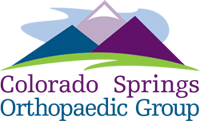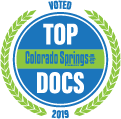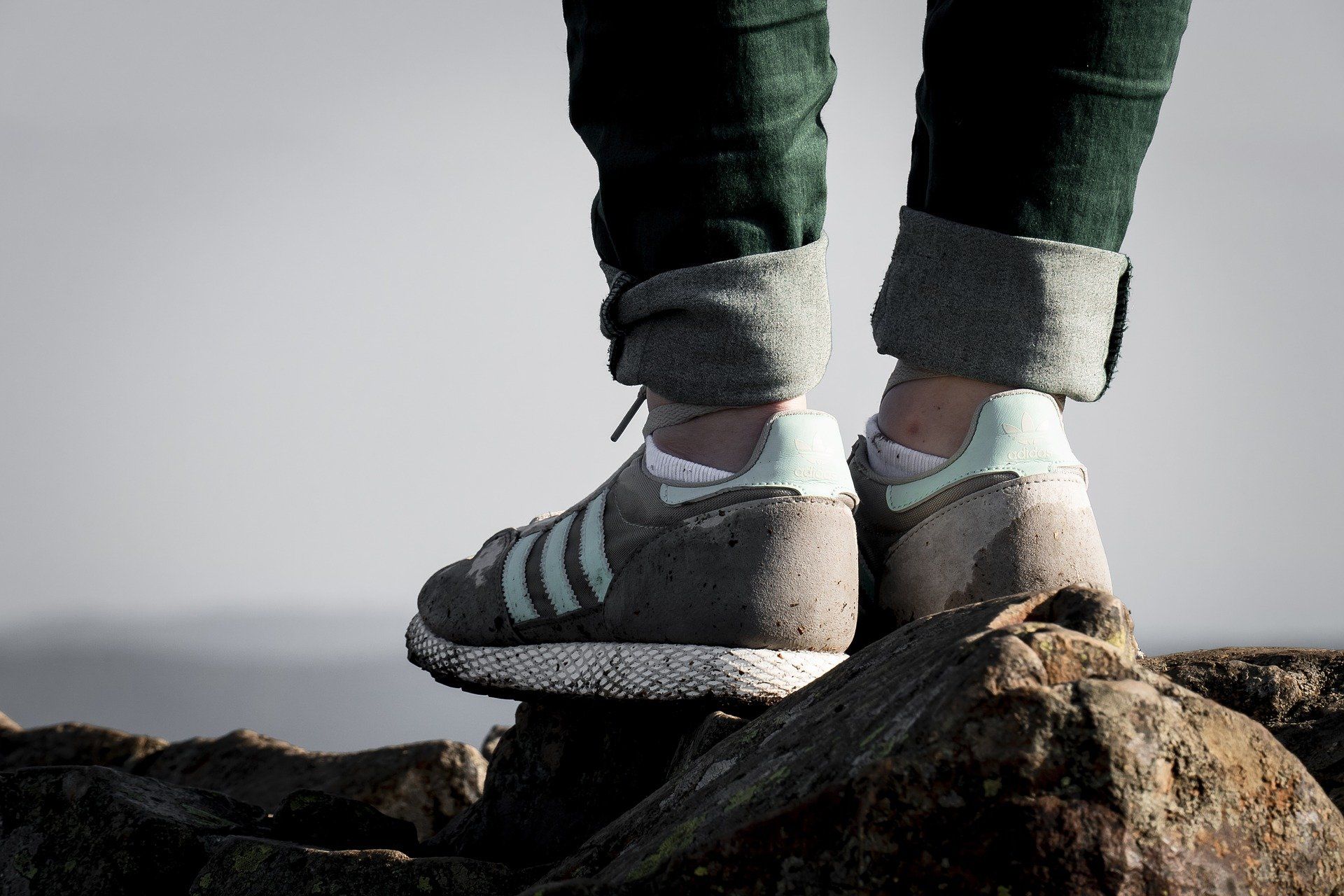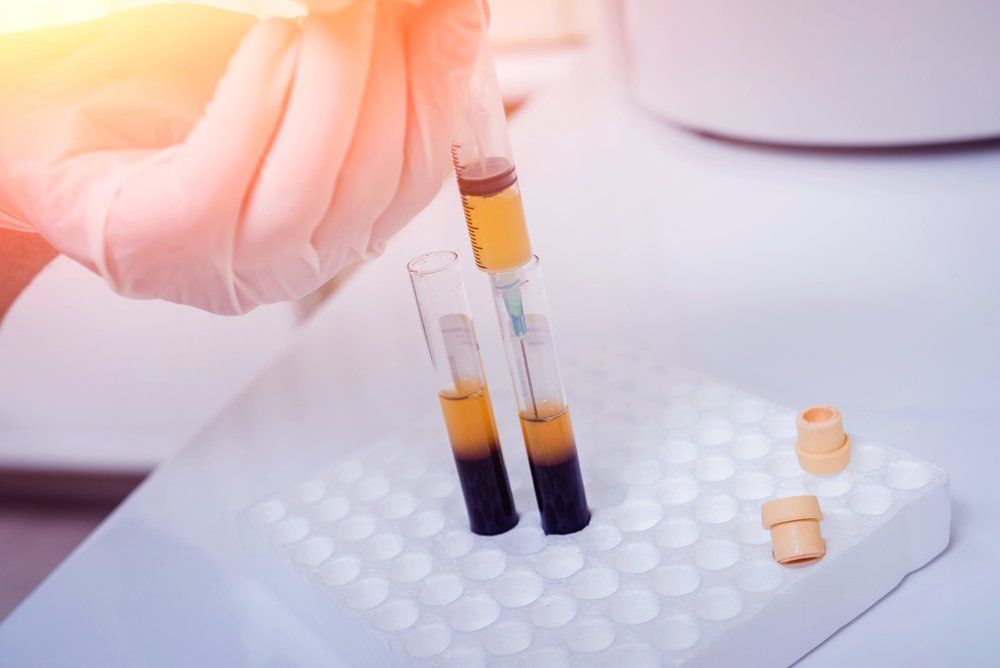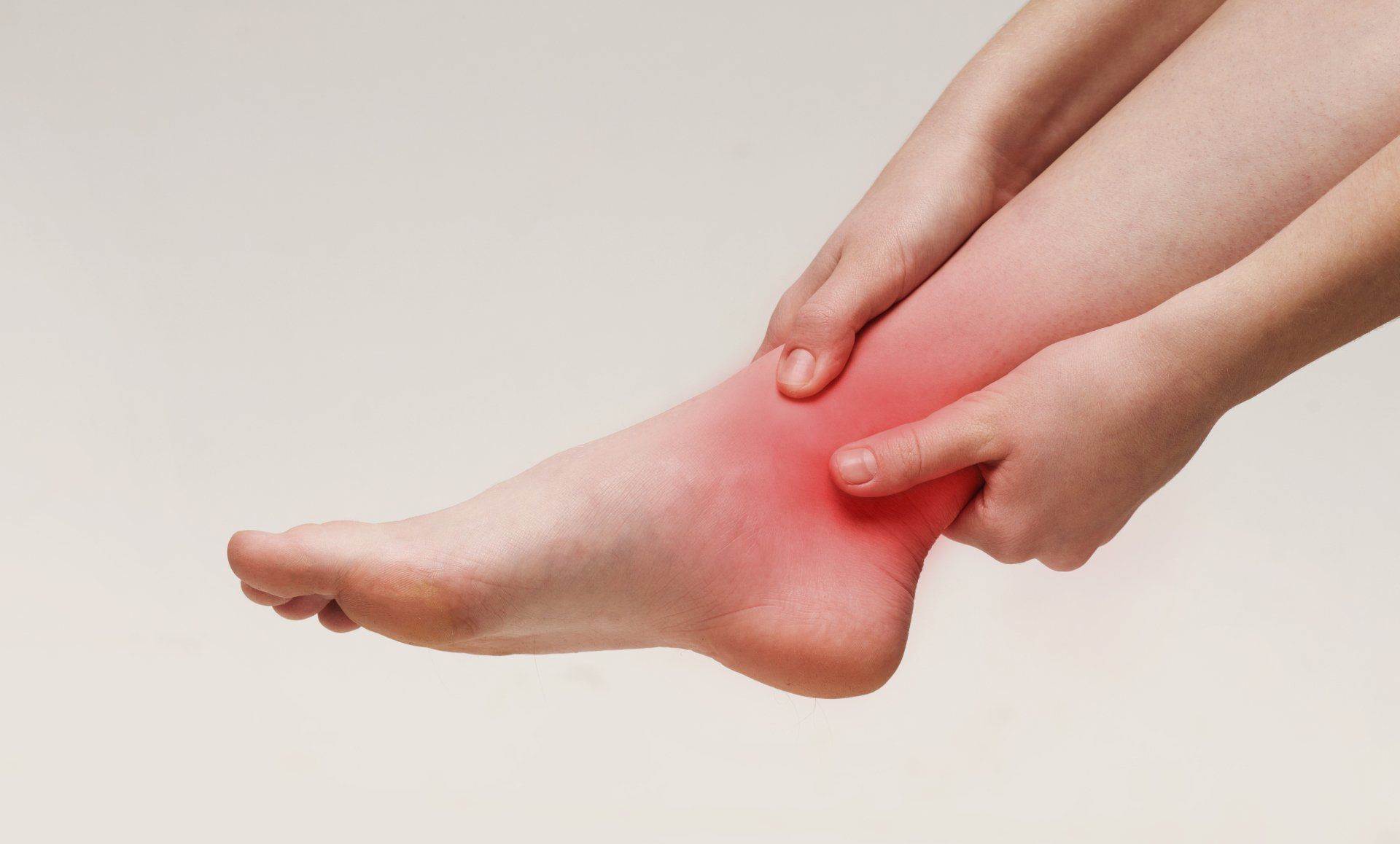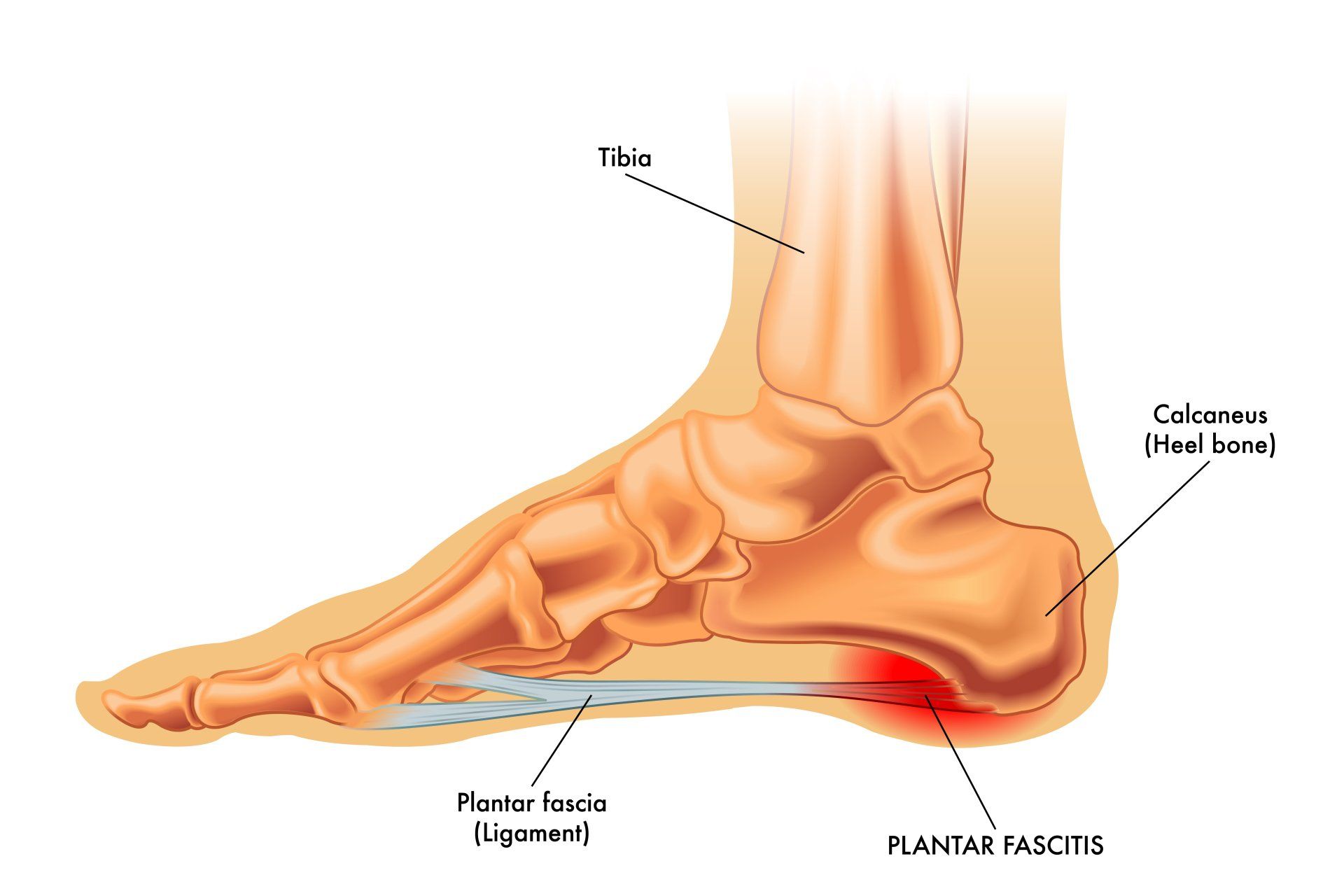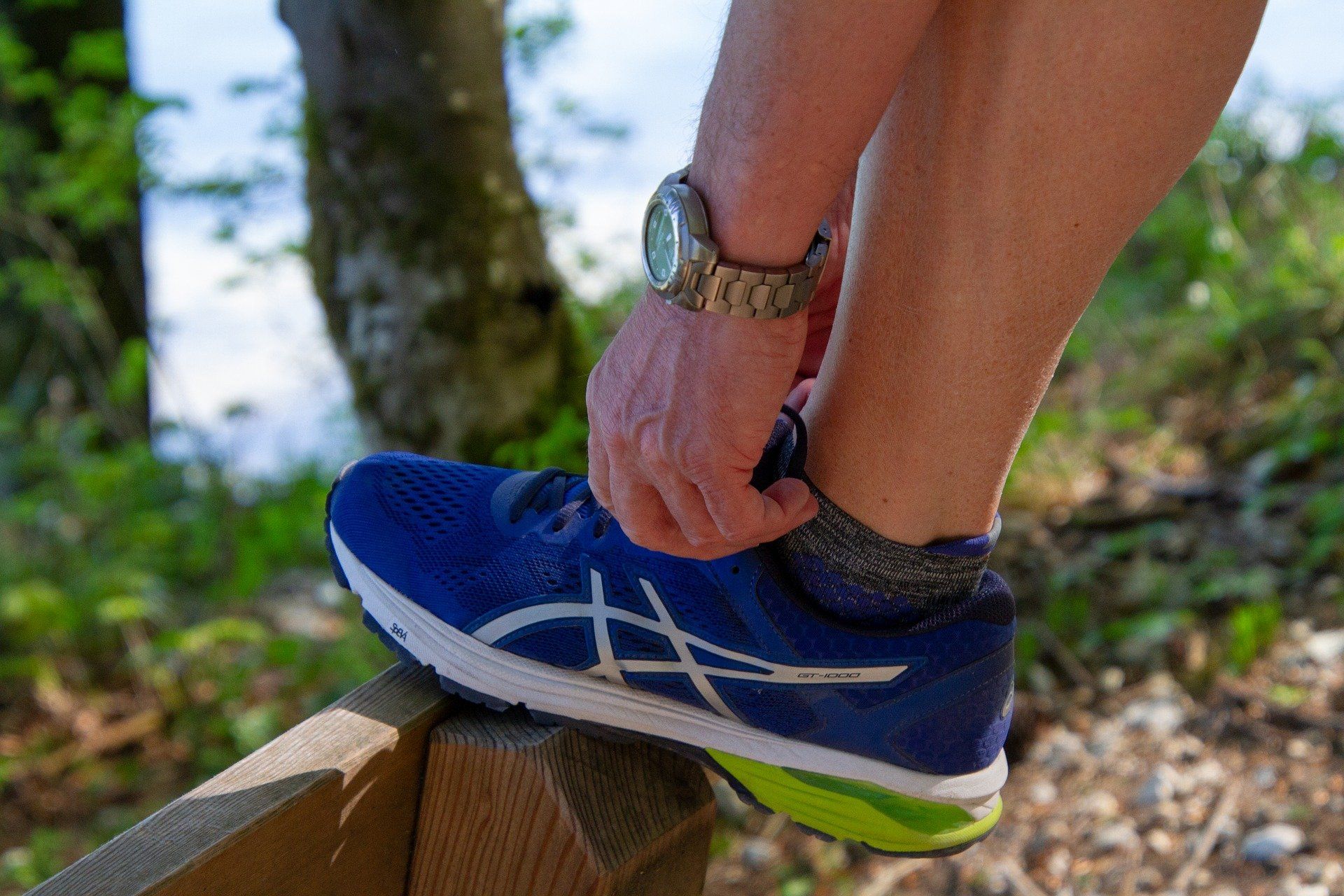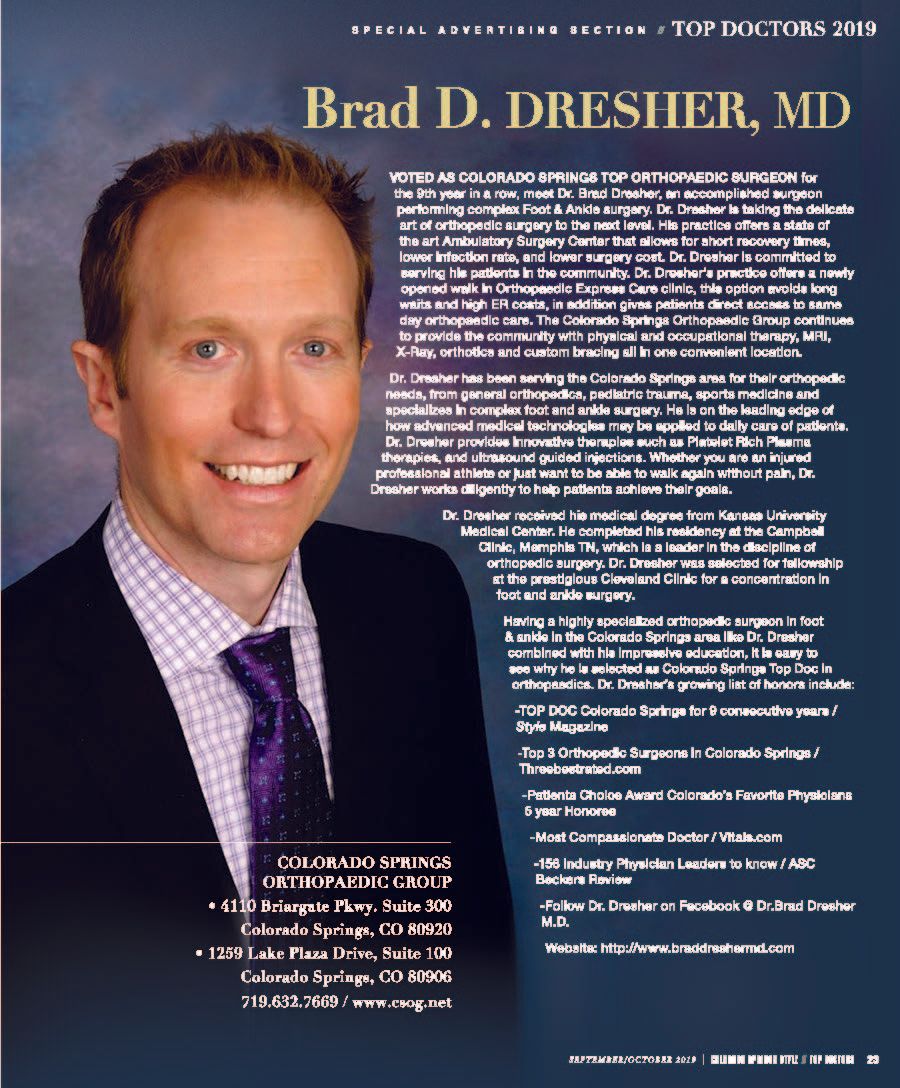Blog Layout
Treatment for Achilles Tendon Rupture
Dr. Brad Dresher, MD • Apr 30, 2020
Treatment for Achilles Tendon Rupture
People who live in Colorado are generally active people who enjoy sports like hiking, skiing, biking, running, and so much more. Engaging in sports and having an active lifestyle is a great way to stay fit and healthy. These activities do come with some risk of injury which may include Achilles tendon rupture.
What is Achilles Tendon Rupture?
Your Achilles tendon runs down the back of your calf and connects your calf muscle to your heel bone. If you overstretch this strong fibrous cord, it can tear partially or completely. In an Achilles tendon rupture, the tendon is torn completely. There are several risk factors for an Achilles tendon rupture including:
- Gender: more common in men
- Age: more likely between the ages of 30-40
- Activity: more common with sports involving running
- Obesity: being overweight increases stress on your Achilles tendon
- Medication: some steroids and antibiotics affect the Achilles tendon
Symptoms of Achilles Tendon Rupture
While it is possible to have an Achilles tendon rupture with no symptoms, this is fairly unlikely. Most people experience:
- Feeling like you were kicked in the calf
- Severe pain and swelling in the heel
- Hearing a popping sound at the time of injury
- Unable to stand on your toes or walk properly
If you are experiencing any or all of these symptoms of Achilles tendon rupture, it is best to see a specialist.
Treatment for Achilles Tendon Rupture
There are two options for repairing an Achilles tendon rupture: surgical and nonsurgical treatment. Recent studies have show that both methods are equally as effective. Nonsurgical treatment is generally recommended for older individuals or those who may have poor reactions to surgery. This treatment involves:
- Resting the affected foot and using crutches
- Applying ice to reduce inflammation
- Taking anti-inflammatory pain medication
- Wearing a walking boot for several weeks
The nonsurgical route can take longer to heal than surgical treatment for Achilles tendon rupture. This surgery usually involves a small incision at the back of the leg which allows your surgeon to stitch together the ends of ruptured tendon. No matter which method you chose, physical therapy will be necessary after the initial healing period to regain full use of your repaired foot.
Let us work with you to discuss treatment options and develop a plan that you are comfortable with so you are up and running in no time. For comprehensive care, call Colorado Springs Orthopaedic Group's
foot and ankle specialist
at (719) 632-7669
to make an appointment with Dr. Brad Dresher, or use our online form
to request an appointment.
If You Have Questions, Call Us or Email Us!
Contact Info
Address:
4110 Briargate Parkway, Suite 300, Colorado Springs, CO 80920
Phone:
(719) 632-7669
Fax:
(719) 632-0088
Phone:
(719) 632-7669
Fax:
(719) 632-0088
Email: info@csog.net
Highly awarded in the field of orthopedics, Dr. Dresher provides Foot Surgery, Ankle Surgery, PRP Therapy, & orthopedic surgery in Colorado Springs
